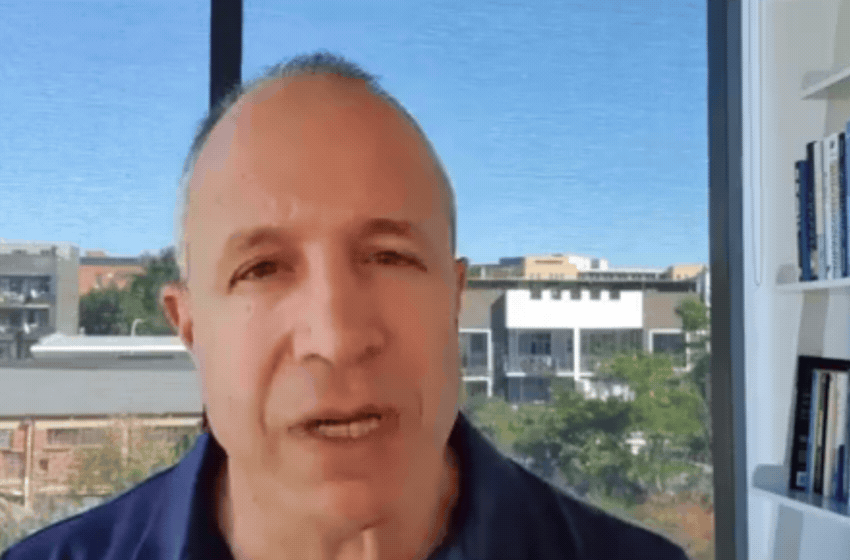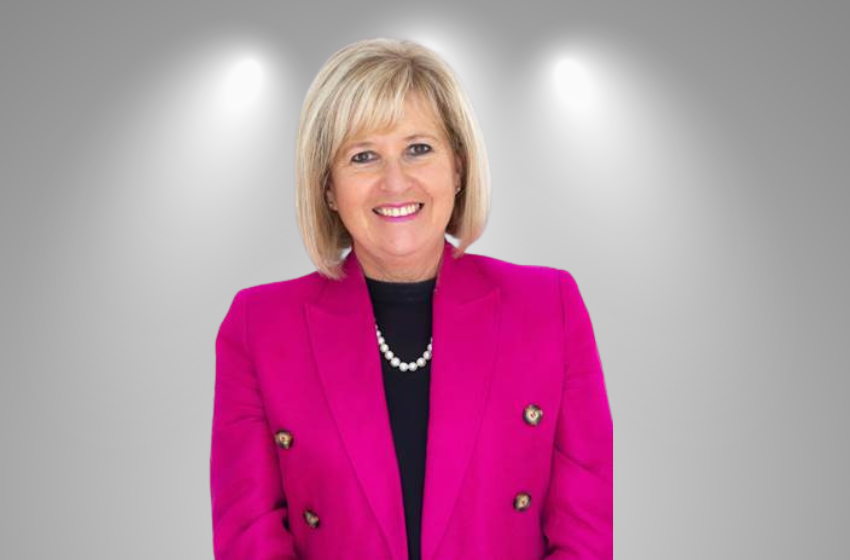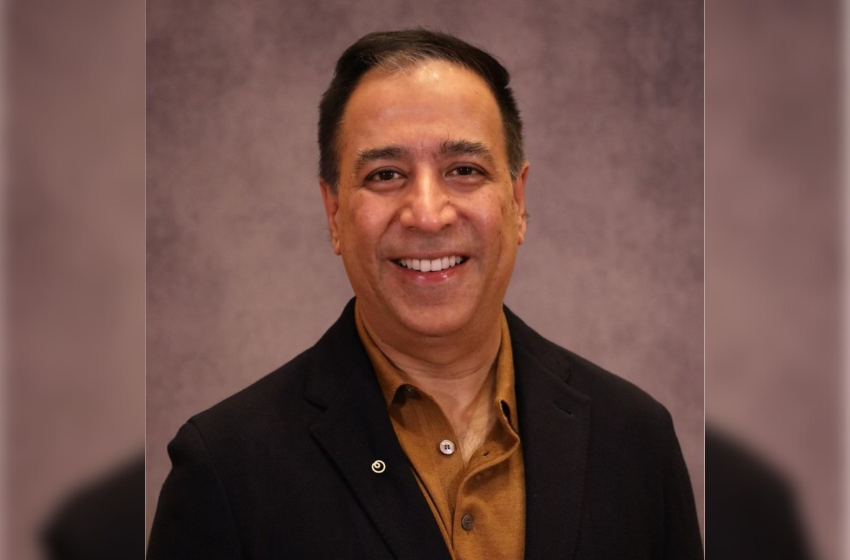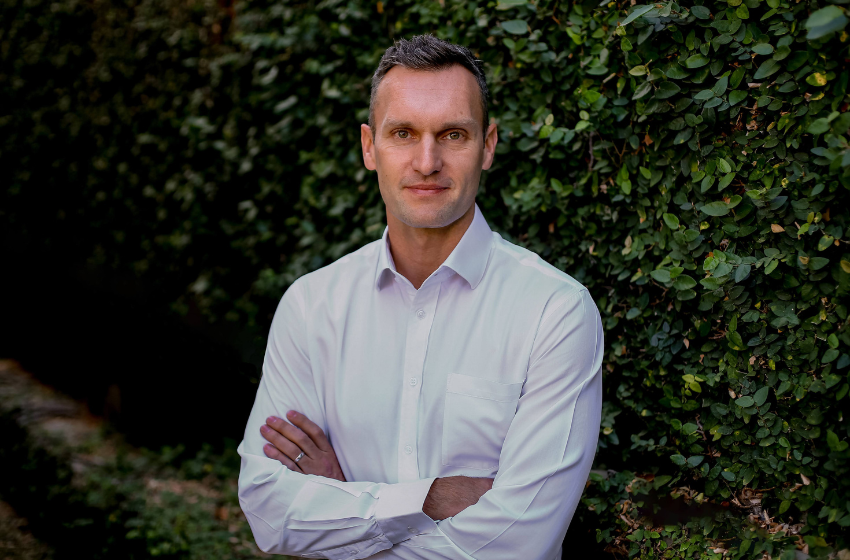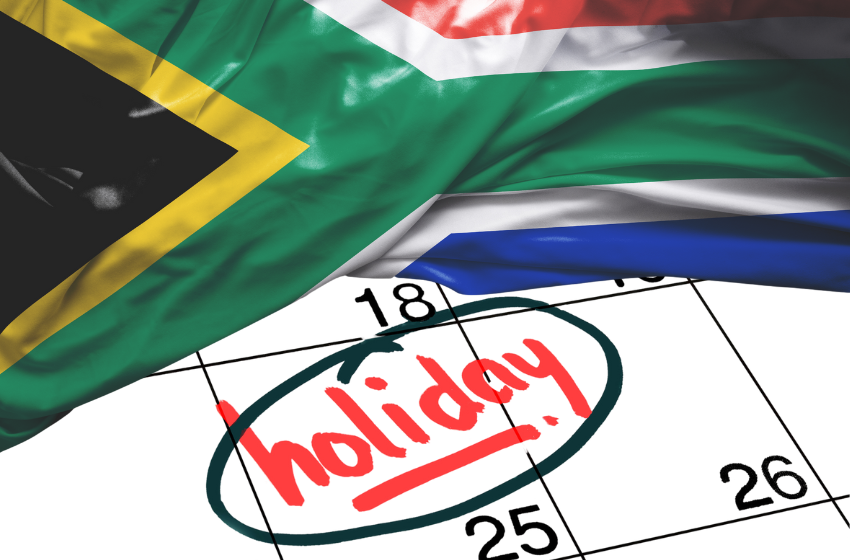
Sorry to be that guy… but we need to talk.
South Africa has a public holiday problem.
Officially, we clock in 12 public holidays a year – more than Australia (10), the US (10 federal), and the UK (8). But it’s not just the quantity that’s the issue. It’s the clustering – and the ripple effect it has on our already fragile economy.
Take April, for example. Between Good Friday, Family Day, Freedom Day, and Workers’ Day – often overlapping with school holidays – April becomes a write-off for many industries. Productivity dips. Meetings are pushed out. Deadlines slide. And then come the bridge days, where a single midweek holiday becomes a de facto long weekend. You know the drill.

But the disruption doesn’t end in April.
South Africa has developed a well-entrenched “wind-down culture” from late November, followed by a sluggish restart in mid-to-late January. The festive season stretches out for six to eight weeks, with many businesses operating at a crawl – or not at all.
Do the maths, and you’ll find we’re left with just seven full working months a year.
Large corporates can absorb the impact. But for SMMEs – the backbone of our economy, responsible for over 60% of employment – this kind of stop-start rhythm is brutal. It disrupts cash flow, delays projects, and makes it harder to plan, hire, and grow.

So here’s the question:
What does this pattern of holiday binging mean for South Africa’s productivity -and our growth prospects?
Let’s be clear: rest matters. No one is advocating for burnout. But maybe it’s time to rethink the model. More frequent, shorter breaks might give people the breathing space they need – without bringing the economy to a standstill.
South African business really does matter. And if we’re serious about rebuilding, attracting investment, and driving growth, we need to examine every friction point – including the way we do public holidays.
So yes, sorry to be that guy…
But someone had to say it.
Share via:





